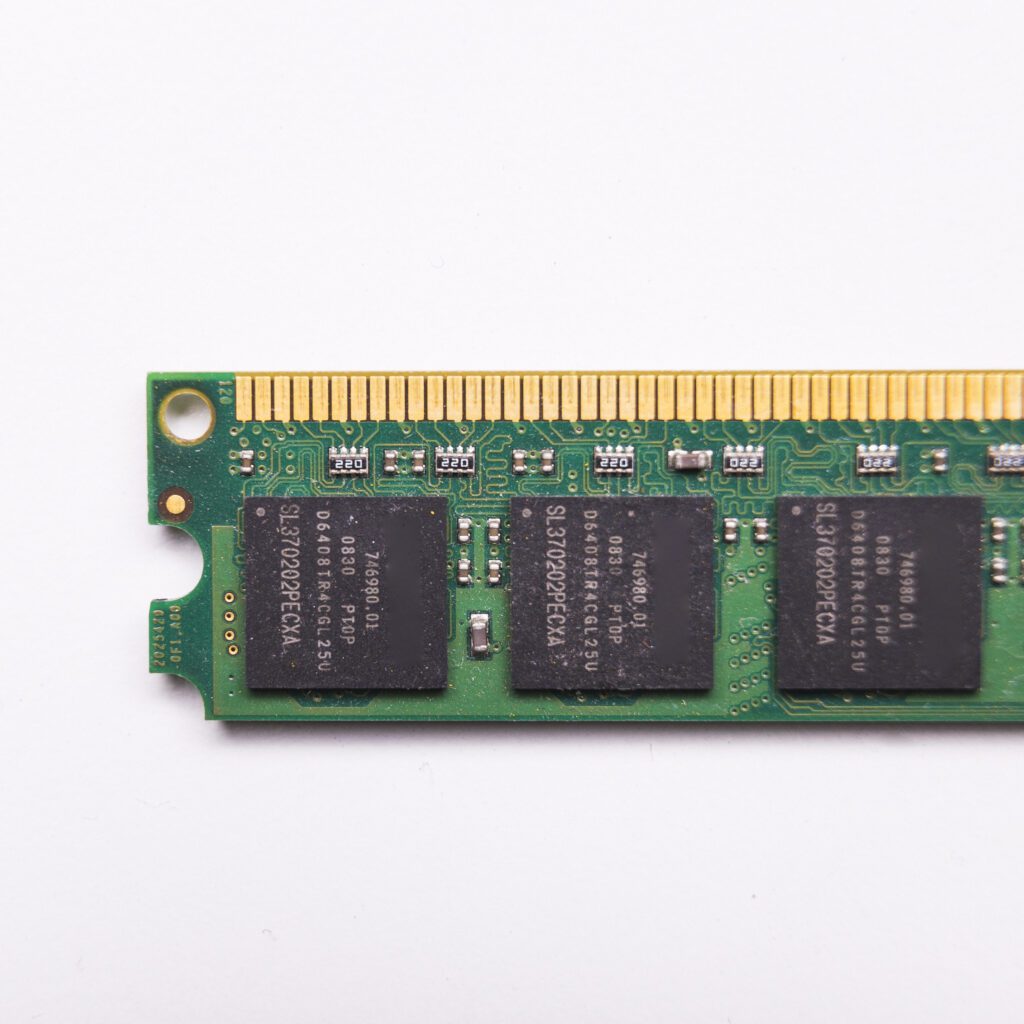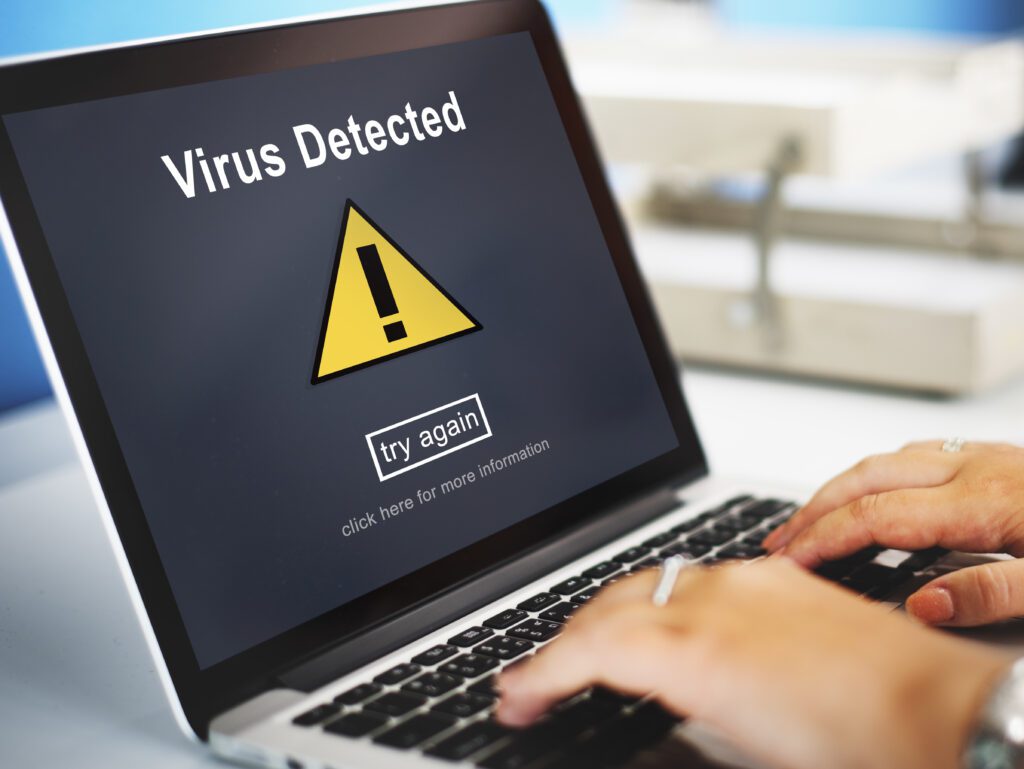In the current digital world, computers play an important role in our everyday activities, whether they’re used for work or entertainment. To make sure your computer runs smoothly, one key and important component that has a crucial role is RAM (Random Access Memory). Many users, customers and tech enthusiasts often wonder: how long does RAM last? This article can help you understand the typical lifespan of RAM and the traits that can impact its durability over time.
Understanding RAM and Its Role
RAM (Random Access Memory) is important in your computer, designed to store data that the CPU can access quickly. It’s a type of volatile memory, meaning its data is erased when the computer powers and data is off. With advancements in technology, modern RAM modules have become faster, more efficient, and durable. Furthermore, like any hardware, RAM has a limited lifespan and can degrade over time.
How Long Does RAM Typically Last?
The average lifespan of a RAM module ranges from 5 to 7 years. However, this can vary based on several factors, improving usage habits, environmental conditions, and the quality of the RAM. For example, newer RAM models, such as those produced in 2023, moreover, have efficient build quality, which may sometimes extend to their usability compared to older versions.
Why Does RAM Wear Out?
Despite being powerful, RAM is not immune to wear and tear. Factors contributing to its degradation include:
Overclocking: Running the RAM at higher speeds than it’s rated for can lead to quicker wear.
Power Surges: Voltage fluctuations or unexpected power spikes can damage RAM modules.
Excessive Heat: High temperatures can impact RAM performance and minimize its lifespan.
Signs Your RAM Might Be Failing
Faulty RAM can cause various performance issues. Look out for these signs:
- Frequent Crashes (BSOD): If your computer often shows the Blue Screen of Death (BSOD), it may indicate a RAM issue.
- Random Restarts: Unexpected reboots without any warning can point to failing RAM.
- Lagging Performance: A slowdown in tasks that previously ran smoothly could signal RAM degradation.
- Boot Failures: A faulty RAM can even prevent the operating system from booting properly.
The Connection Between RAM and Your OS
RAM plays a crucial role in the smooth operation of the operating system (OS). When RAM fails, the OS may experience random crashes, errors, or even fail to start. Regularly testing your RAM and ensuring compatibility with your system can help avoid such problems. Maintaining a healthy RAM-OS relationship ensures seamless performance and minimizes disruptions.
How to Prolong the Lifespan of Your RAM
1. Keep Your Computer Clean
Regular cleaning is essential to manage the health well of your PC and its components. Use an air duster or a soft brush to remove dust from your computer’s internal mechanisms. Dust buildup can block airflow, making it overheat, which can cause issues to your RAM over time.
2. Avoid Overclocking
Overclocking may increase the performance temporarily, but it adds on to additional stress on your RAM, increasing the chances of failure. Stick to the recommended settings unless overclocking is certainly necessary for your tasks.
3. Shut Down Well
Always shut down your computer through the proper process. Abrupt power-offs, such as leaving or forcefully shutting down, can harm not just your RAM but the rest of the components too.
4. Prevent Physical Damage
Position your computer in a safe location where it’s not likely to be tipped over or bumped. Physical damage to your PC can lead to issues with internal components, including your RAM.
Longevity and Deciding When to Upgrade
RAM has a natural lifespan, but factors like continuous use, heat, and voltage fluctuations can shorten it. To ensure your RAM lasts as long as possible:
Monitor its performance regularly. Upgrade when performance starts to lag or when your system struggles with newer applications. Timely upgrades not only improve system performance but also prevent potential data loss or slowdowns caused by failing RAM.
Keeping Your PC Cool and Dust-Free
Modern PCs are powerful but face the challenge of heat buildup. Here’s how to manage this effectively:
Combat Dust Accumulation: Dust blocks vents and fans, restricting airflow and causing components to overheat. Use a vacuum or air blower to clean your PC, focusing on fans and air vents.
Ensure Proper Placement: Avoid placing your PC too close to walls or in tight spaces. Keep a small gap to allow proper heat dissipation.
Check New Components: If you order motherboards or other parts virtually, inspect them for dust or debris before installation.
By maintaining a clean and well-ventilated set project, you can keep your RAM and other components cool, ensuring optimal performance and a longer lifespan.
Choosing the Right RAM for Your Needs
When choosing RAM, think about how you plan to use your computer. For operations like gaming, video editing, or heavy multitasking, higher capacity modules such as 16 GB or 32 GB are ideal. However, always make sure the RAM you choose is compatible with your motherboard and CPU. Checking the traits before can secure you from compatibility problems after that.
Understanding RAM Durability and When to Upgrade
RAM is built to be durable and reliable, often lasting longer than so many other computer components. Moreover, as software and applications become more demanding, upgrading your RAM may be necessary to keep your hardware running smoothly.
Although RAM is designed to handle years of use, occasional efficiency drops or system lag could signal the need for an upgrade. While most of its lifespan is marked by daily reliability, recharging with your system’s performance helps figure-out the right time to update for uninterrupted multitasking and speed.
The Evolution of RAM Technology
The world of RAM has seen faster improvements, moving from DDR3 to DDR4, and now to DDR5. These upgrades bring better speed, efficiency, and power management. Staying informed about the current trends makes sure that computers remain with the capacity to manage new and increasing software demands.
Conclusion
RAM is again an important part of your computer, impacting its speed and efficiency. On average, RAM lasts 5 to 7 years, but with required care, it can perform even longer. Simple practices like regular cleaning, avoiding overclocking, and ensuring compatibility during upgrades can extend its lifespan.
Look out for signs like slow performance or crashes as indicators for an upgrade. By keeping these tips in mind, you can enjoy smooth performance and long-lasting RAM. If you have further questions or need assistance, feel free to reach out to us!
FAQs
1. How long does RAM typically last?
A: RAM usually lasts between 5 to 7 years under normal conditions. With proper care and maintenance, it can function well for even longer.
2. What causes RAM to fail or degrade over time?
A: Factors like excessive heat, power surges, voltage changes, and overclocking can cause RAM to degrade faster. Physical damage and environmental conditions can also affect its lifespan.
3. How can I tell if my RAM is failing?
A: Signs of failing RAM improve frequent system crashes, blue screens (BSOD), slow executions, and unexpected reboots. These issues may worsen as the RAM degrades.
4. How can I extend the lifespan of my RAM?
A: Daily maintenance, like clearing your PC to prevent it from overheating, avoiding overclocking, and shutting down your computer properly, can help prevent your RAM’s life being. Making sure that your PC is in a safe position to avoid physical damage is also very important.
Last Updated on January 1, 2025





